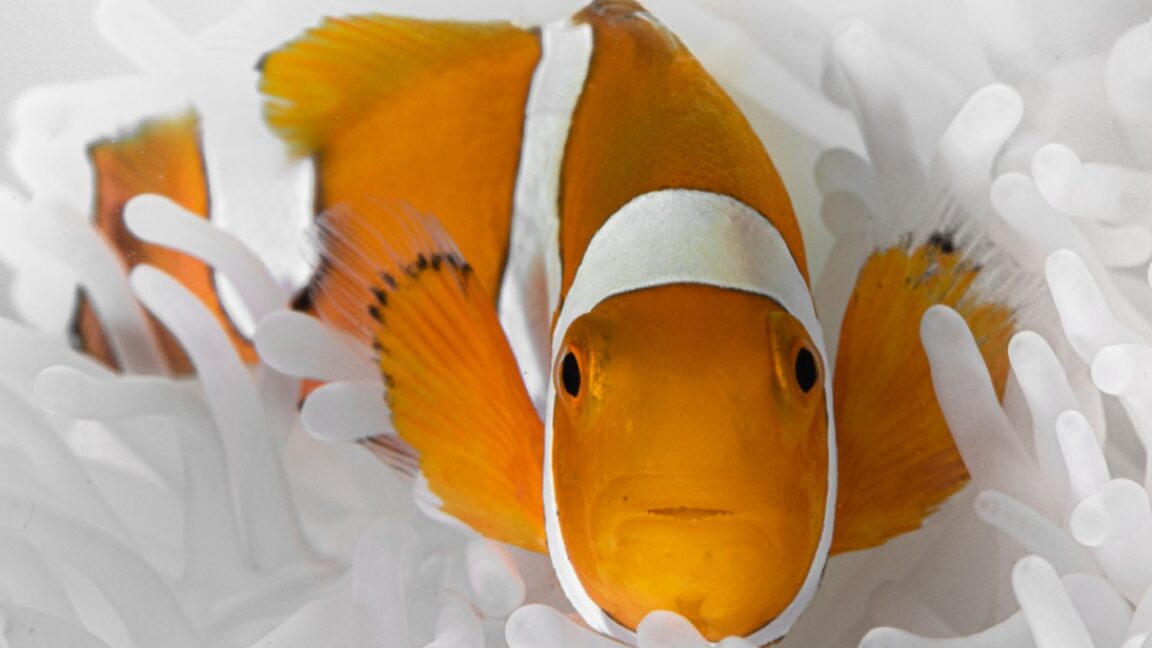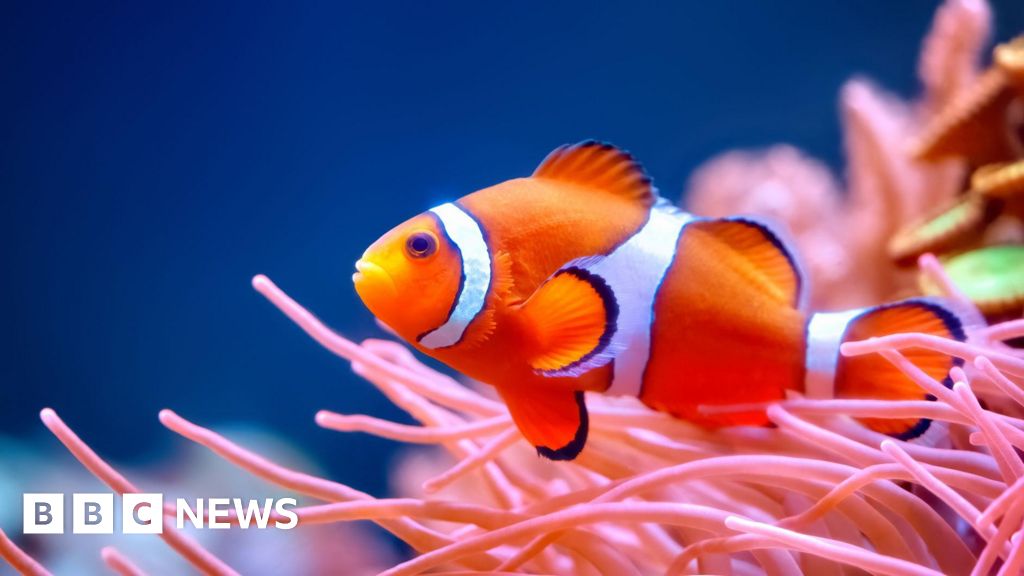Clownfish Adapt to Climate Change by Shrinking in Size
A new study reveals clownfish can shrink their bodies during heat waves, enhancing survival rates amid rising ocean temperatures.
Subscribe to unlock this story
We really don't like cutting you off, but you've reached your monthly limit. At just $5/month, subscriptions are how we keep this project going. Start your free 7-day trial today!
Get StartedHave an account? Sign in
Overview
Research shows that clownfish can shrink in size during heat waves, improving their survival chances. Observations in Papua New Guinea revealed that 75% of clownfish shrank at least once during a recent heat wave, with shrinking linked to social dynamics and environmental stressors. This adaptive strategy may help explain declining fish sizes globally, as other species also exhibit similar responses to climate change. The study highlights the resilience of marine life in the face of environmental challenges, although the long-term effects of such adaptations remain uncertain.
Report issue

Read both sides in 5 minutes each day
Analysis
- The articles highlight clownfish's ability to adapt and survive in the face of climate change challenges.
- They emphasize the importance of scientific research in understanding the effects of marine heatwaves on fish populations.
- Overall, the tone ranges from moderately positive to neutral, showcasing both hope and concern for marine ecosystems.
Articles (3)
Center (3)
FAQ
No FAQs available for this story.
History
- This story does not have any previous versions.

